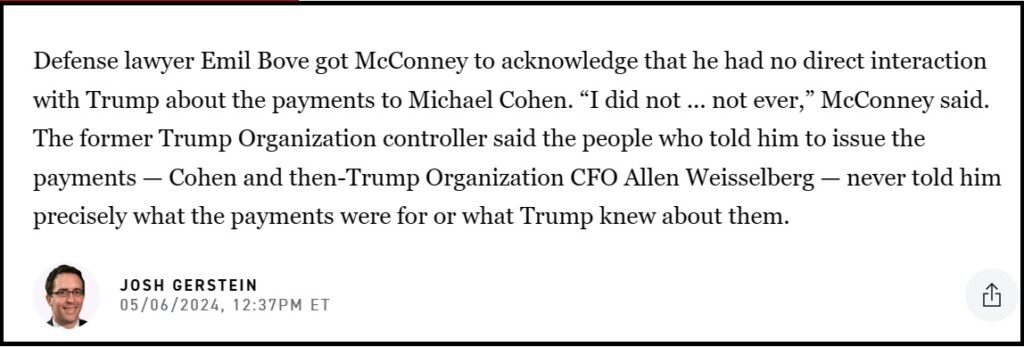The Alcohol Industry Is Trying to Monopolize Legal Marijuana Distribution
 By Carey Wedler
By Carey Wedler
A recent state court ruling out of Carson City, Nevada, has essentially reaffirmed an effective monopoly for liquor vendors over the pending legal cannabis market. The ruling, which came in response to a lawsuit from holders of liquor licenses in the state, determined that for the first eighteen months of cannabis legalization, only those who already have liquor licenses will be allowed to distribute weed. As a result, the ruling also appeared to postpone the planned commencement of retail sales on July 1.
According to the provisions of the initiative that legalizes recreational cannabis, as cited by Judge James Wilson Jr. in his ruling:
For 18 months after the Department [of Taxation] …begins to receive applications for marijuana establishments, the Department shall issues licenses for marijuana distributors pursuant to this chapter only to persons holding a wholesale license pursuant to Chapter 369 of NRS, unless the Department determines that an insufficient number of marijuana distributors will result from this limitation.
A wholesale dealer license, pursuant to Chapter 369 of NRS, is required for all liquor vendors in the state, meaning the only entities eligible to distribute cannabis in the state for the first year-and-a-half of legalization will be liquor vendors — unless they cannot meet demand as determined by the government. It is unsurprising that this was included in the provision considering the Independent Alcohol Distributors of Nevada, the plaintiffs in the suit, donated $87,000 to efforts to pass Question 2, which legalized recreational cannabis.
As TIME reported back in 2015 before the ballot was even put to a vote, “Backers of the initiative consulted with alcohol distributors when they wrote the measure to avoid a fight,” earning the financial contribution in the process.
 The recent lawsuit was initiated after the Department of Taxation determined there was an insufficient number of liquor licensees who wanted to distribute cannabis, and as such, others would be able to apply — a decision the Independent Alcohol Distributors of Nevada (IADN) disputed.
The recent lawsuit was initiated after the Department of Taxation determined there was an insufficient number of liquor licensees who wanted to distribute cannabis, and as such, others would be able to apply — a decision the Independent Alcohol Distributors of Nevada (IADN) disputed.
Judge Wilson ruled the Department of Taxation had failed to adequately acknowledge interest from liquor license holders who wanted to participate in the new industry, ultimately reaffirming that these liquor vendors have exclusive rights to sell marijuana — entirely excluding existing medical marijuana retailers.
As the Associated Press reported:
[Judge Carson] said the members of the Independent Alcohol Distributors of Nevada demonstrated they will suffer irreparable harm if he doesn’t block the state from licensing existing marijuana businesses as distributors.
It is unclear how dire the harm could possibly be considering liquor distributors have already established businesses in the legal alcohol market. Further, it makes little sense to give priority to an industry relatively unfamiliar with cannabis while established vendors who have been already been selling and distributing medical cannabis are left out in the cold. But that’s how the legislation was written, unsurprisingly, because of special interests.
In a year-and-a-half, others will be allowed access to the market, but it remains to be seen whether the alcohol vendors will have dominated Nevada’s industry with the help of the government by then.
As AP noted:
The judge’s order limiting licenses strictly to liquor wholesalers is the biggest roadblock [lawmakers] have faced yet because only five liquor wholesalers have applied for pot distribution licenses — compared with more than 80 applications from existing marijuana businesses — and none has met the legal requirements.
The ruling could postpone the set July 1 date as the government continues to tease out who will be eligible to distribute the plant; according to the Department of Taxation, only five liquor license holders have applied for the opportunity to distribute cannabis. The Las Vegas Review-Journal reported that the Department hinted it might appeal the decision and is hopeful the July 1 date is still possible.
Nevertheless, the problem could have all been avoided had the legalization language not granted special rights to the liquor industry. As AP noted:
As many as 60 medical dispensaries certified as of May could be eligible for recreational sales beginning next month, but only if they can be served by licensed distributors.
AP reports that more than 80 existing medical marijuana businesses applied for a license, but they will have to wait as government interferes in the market to guarantee profits for liquor distributors.
As Kevin Benson, a lawyer for the IADN, said while arguing to uphold the 18-month exclusivity policy:
There’s not going to be any business left for the alcohol distributors because most of the medical dispensaries are already distributing to themselves. They will have no need for a third-party.



